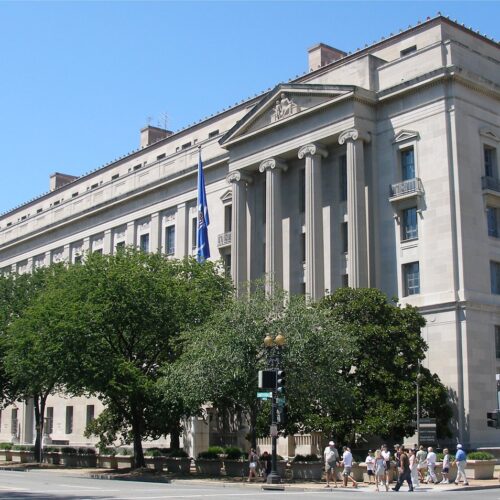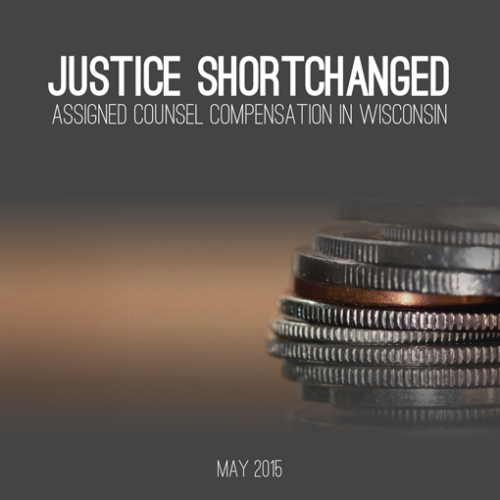Wisconsin
The state of Wisconsin shares with its local governments its funding and administrative duties for providing indigent defense services in adult criminal trials, including state funding and administration for some court levels and local funding and administration for other court levels. A state commission provides oversight of state-administered services only.
The state of Wisconsin funds and administers almost all indigent defense services for adult criminal cases in its appellate courts. Local governments are responsible for a small portion of cases. A state commission provides oversight of state-administered services only.
-
72 Counties Primarily State Funded
-
72 Counties Shared State and Locally Administered
-
72 Counties with a Commission With Limited Authority
-
72 Counties Primarily State Funded
-
72 Counties Primarily State Administered
-
72 Counties with a Commission With Limited Authority
The state of Wisconsin funds and administers indigent defense services in every court of the state, except for municipal courts where the state requires municipalities to fund and administer all services. The Office of the Wisconsin State Public Defender (SPD) delivers services primarily through public defender offices but also through contracts with private attorneys (on an hourly basis for conflict and overflow cases, and on a flat fee basis for some misdemeanors). SPD also provides appellate services. Municipalities must fund and administer indigent defense services in municipal courts and cannot contract with the state to provide services.
The Wisconsin Public Defender Board oversees SPD. The governor appoints nine members to this oversight commission, who in turn appoints the head of SPD. The commission is also responsible for promulgating standards. In Wisconsin, it is possible that a person qualifies for public counsel but does not meet the higher statutory threshold for SPD representation. In such a case, the local judge appoints a private attorney at county expense with no state oversight.
The state-funded Office of the Wisconsin State Public Defender (SPD) administers almost all indigent defense services in adult appeals. SPD’s appellate division provides representation on appeal to every defendant who meets SPD’s financial eligibility criteria. The appellate division relies on staff attorneys primarily and on private attorneys under contract for conflict and overflow cases. In Wisconsin, it is possible that a person qualifies for public counsel but does not meet the higher statutory threshold for SPD representation. In such a case, the local judge appoints a private attorney at county expense.
The Wisconsin Public Defender Board oversees SPD. The governor appoints nine members to this oversight commission, who in turn appoints the head of SPD. The commission is also responsible for promulgating standards. The commission does not have oversight of private attorneys appointed by local judges at county expense.

Dig Deeper
How are members of the Wisconsin Public Defender Board selected?
In which branch of state government does the indigent defense system reside?
Wisconsin Evaluations
Support Our Work
Criminal justice issues that disproportionately harm poor people, such as wrongful convictions and over-incarceration, cannot be fixed if indigent defendants are given attorneys who do not have the time, resources, or qualifications, to be a constitutional check on government. Yet, investment in improving indigent defense services remains largely neglected. The Sixth Amendment Center is the only nonprofit organization in the country that exclusively examines, uncovers, and helps fix the root of the indigent defense crisis in which inequality is perpetuated because poor defendants do not get a fair fight.
The Sixth Amendment Center is a tax-exempt 501(c)(3) nonprofit organization under EIN: 45-3477185.
Donations are tax-deductible to the fullest extent allowable under the law.







